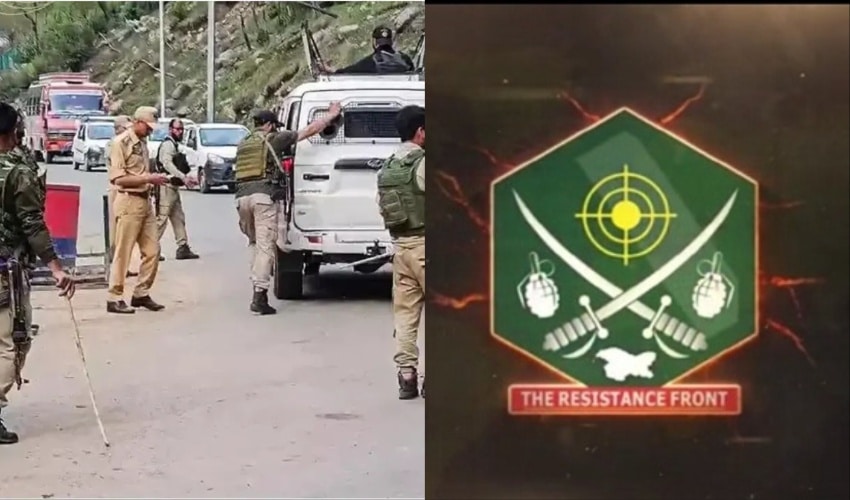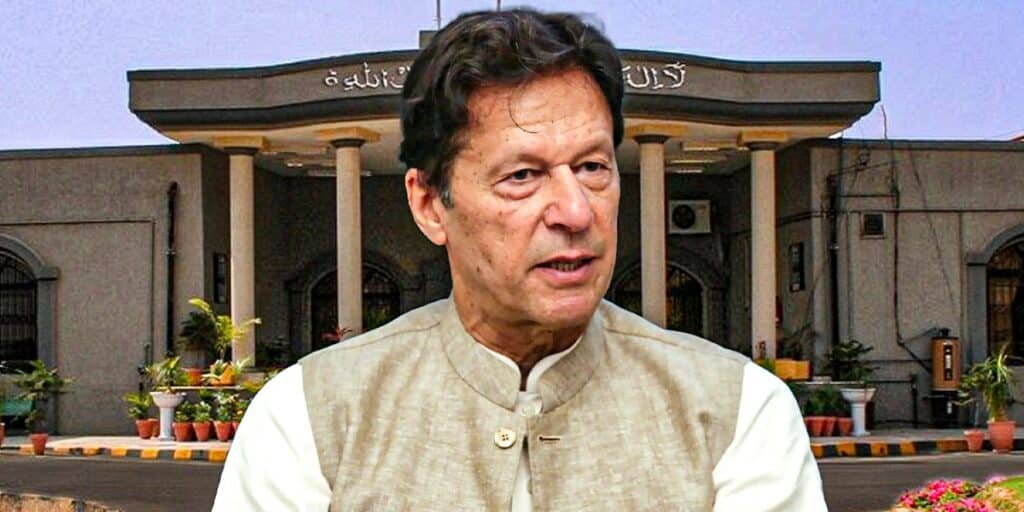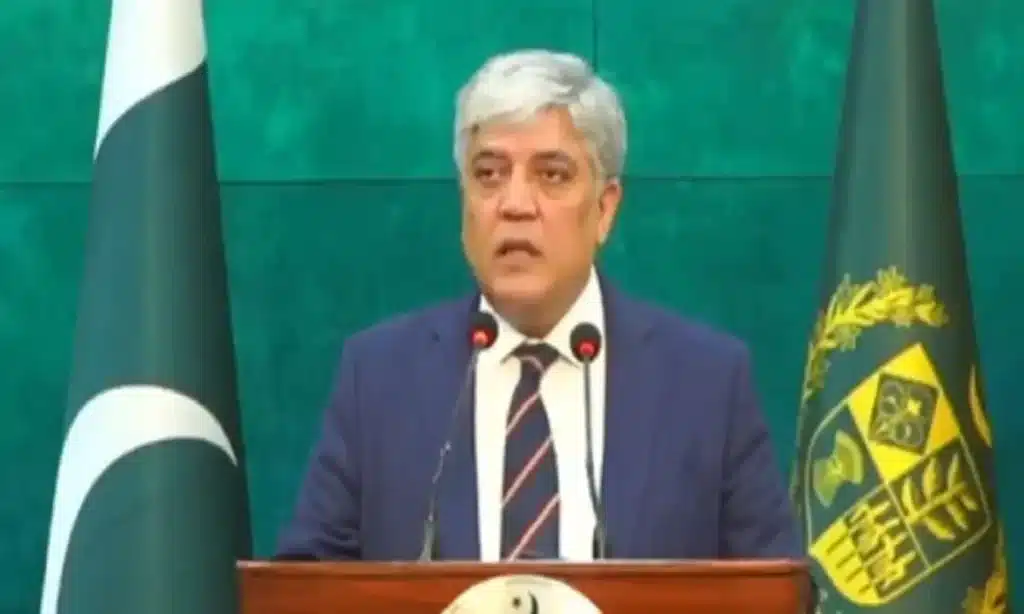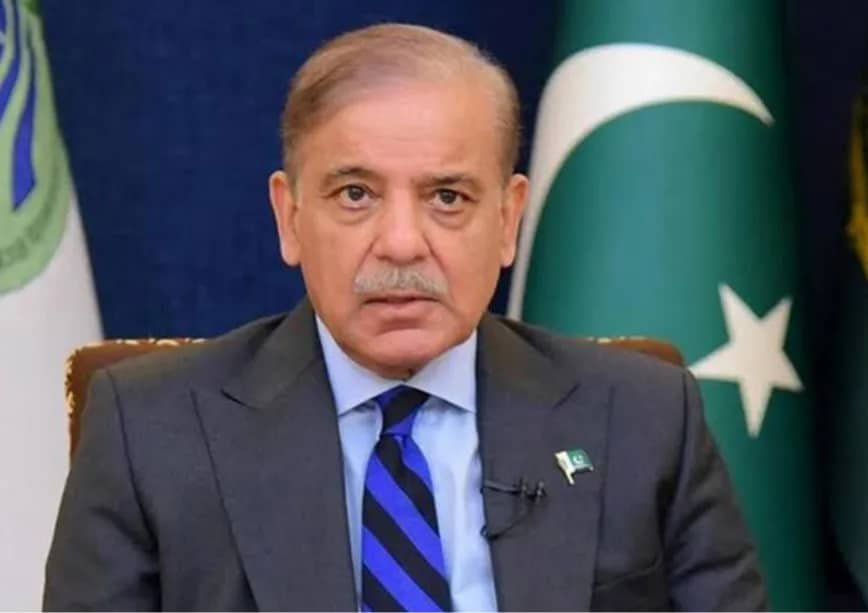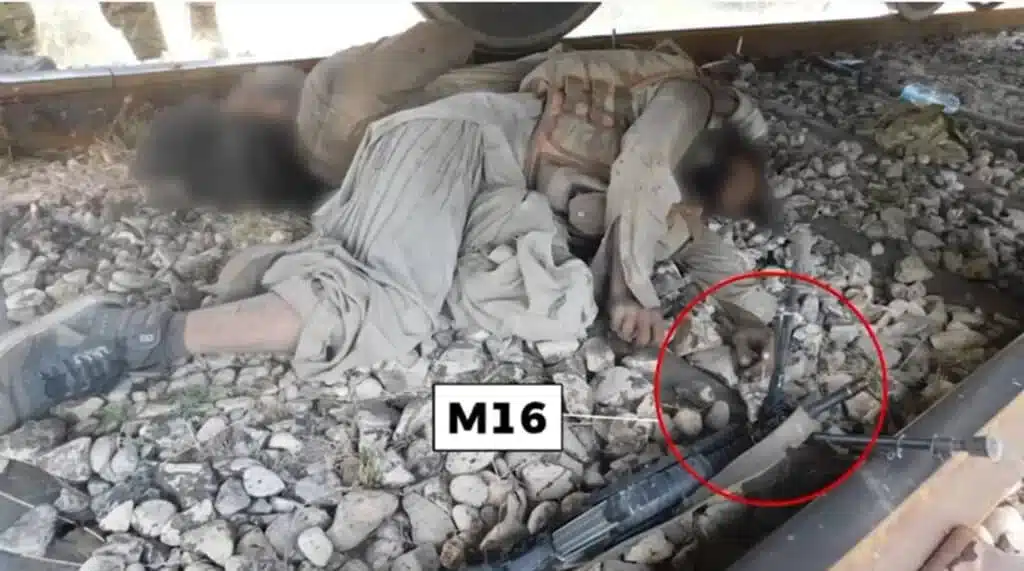The Resistance Front (TRF) has strongly denied any involvement in the deadly attack on tourists in Pahalgam, Kashmir.
The group, active in the Kashmiri resistance since 2019, called the allegations “false, hasty, and part of an orchestrated campaign” to discredit their struggle for self-determination.
TRF posted a statement on its Telegram channel. It said an unauthorized message claiming responsibility appeared soon the gunmen killed 26 civilians in the tourist town of Pahalgam earlier this week.
The group blamed a cyber intrusion for the false message. It pointed to a sophisticated digital attack, allegedly linked to India’s state-backed cyber warfare operations.
TRF announced an internal investigation to trace the breach. Early signs, it claimed, pointed towards Indian state agencies.
“This is another attempt by India to tarnish the Kashmiri resistance and divert attention from its oppression,” the statement said.
The group accused Indian agencies of staging a false flag operation. It called for an independent, international inquiry into the attack and the cyber breach.
The Pahalgam attack occurred on a sunny afternoon at the Baisaran meadow. Gunmen, allegedly emerging from forests, killed at least 26 tourists and wounded many others.
Initially, TRF’s digital platforms appeared to claim responsibility. However, the group quickly denied involvement after confirming the hacking incident.
TRF said India used the attack to vilify Kashmiri resistance movements. It accused India of fabricating such incidents to distract from Kashmir’s unresolved political status and the post-2019 crackdown.
The group also highlighted India’s efforts to alter Kashmir’s demography by granting domicile rights to non-Kashmiris. TRF framed this move as an attempt to erase the Muslim majority identity.
Security experts remain divided over TRF’s claims. Some see the denial as a diversion, while others say it fits a pattern of covert Indian operations.
The Indian government continues to blame Pakistan-based groups but has yet to produce concrete evidence against TRF or others.
Indian forces have intensified operations across Kashmir, further raising tensions between the nuclear-armed neighbors.
TRF’s denial has fueled demands for an international investigation into both the attack and India’s wider actions in Kashmir.
Meanwhile, the First Information Report (FIR) filed after the Pahalgam attack has raised serious questions.
The FIR suggests the Modi government orchestrated a false flag operation.
The report was filed at Pahalgam police station, located about six kilometers from the attack site.
The attack began at 1:50 PM and ended around 2:20 PM. The FIR was filed at 2:30 PM—just ten minutes later.
This unusually rapid filing suggests authorities had a ready-made narrative.
The FIR immediately blamed “unknown cross-border terrorists,” matching government and media claims.
While officials described a targeted killing, the FIR mentions indiscriminate firing, creating contradictions.
The report also inserted terms like “under the guidance of foreign masters,” signaling a pre-planned direction for the investigation.
The FIR’s revelations have discredited the Modi government’s version of events.
What was once framed as a terrorist attack now appears to be a poorly executed false flag operation, with the FIR offering critical proof.

